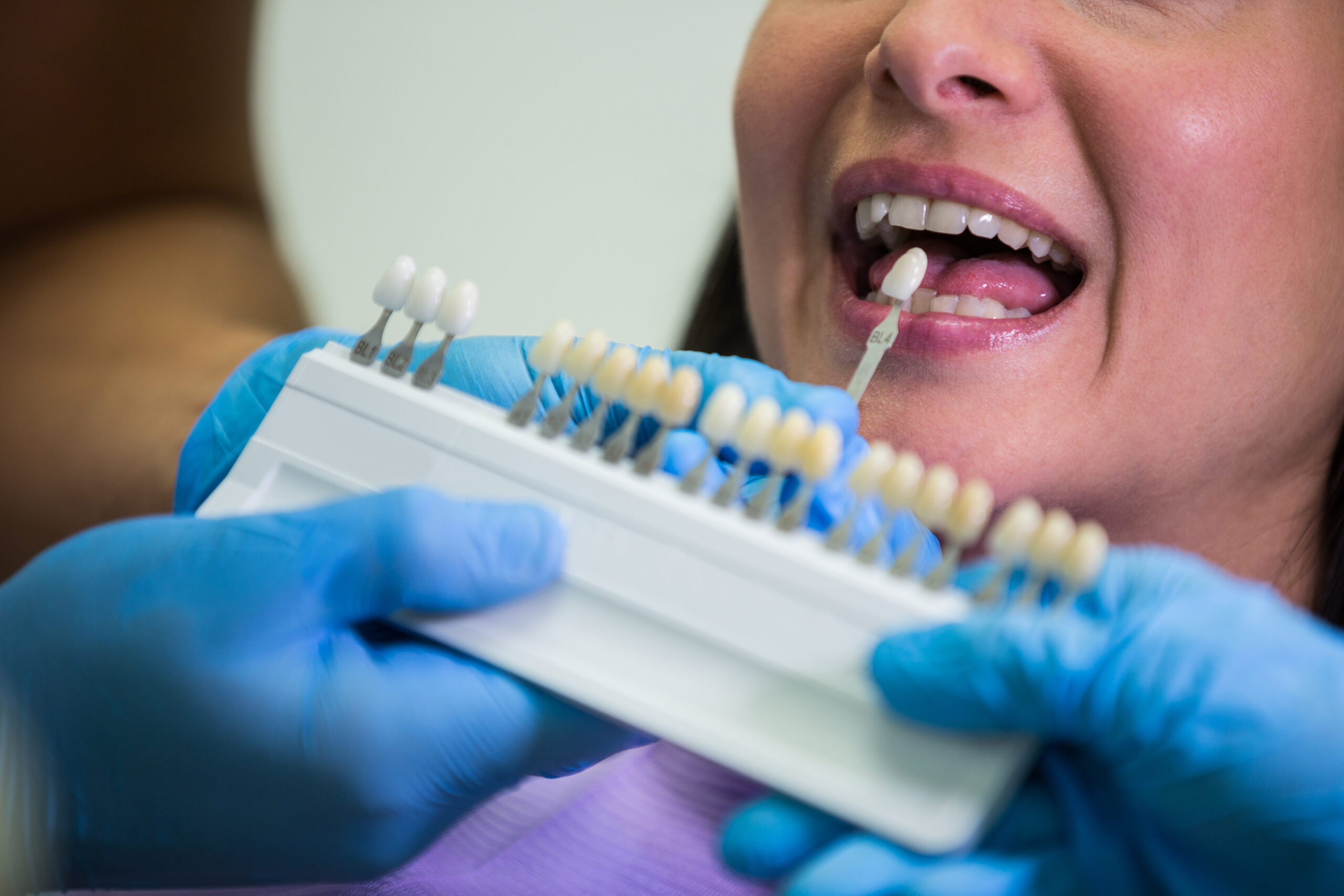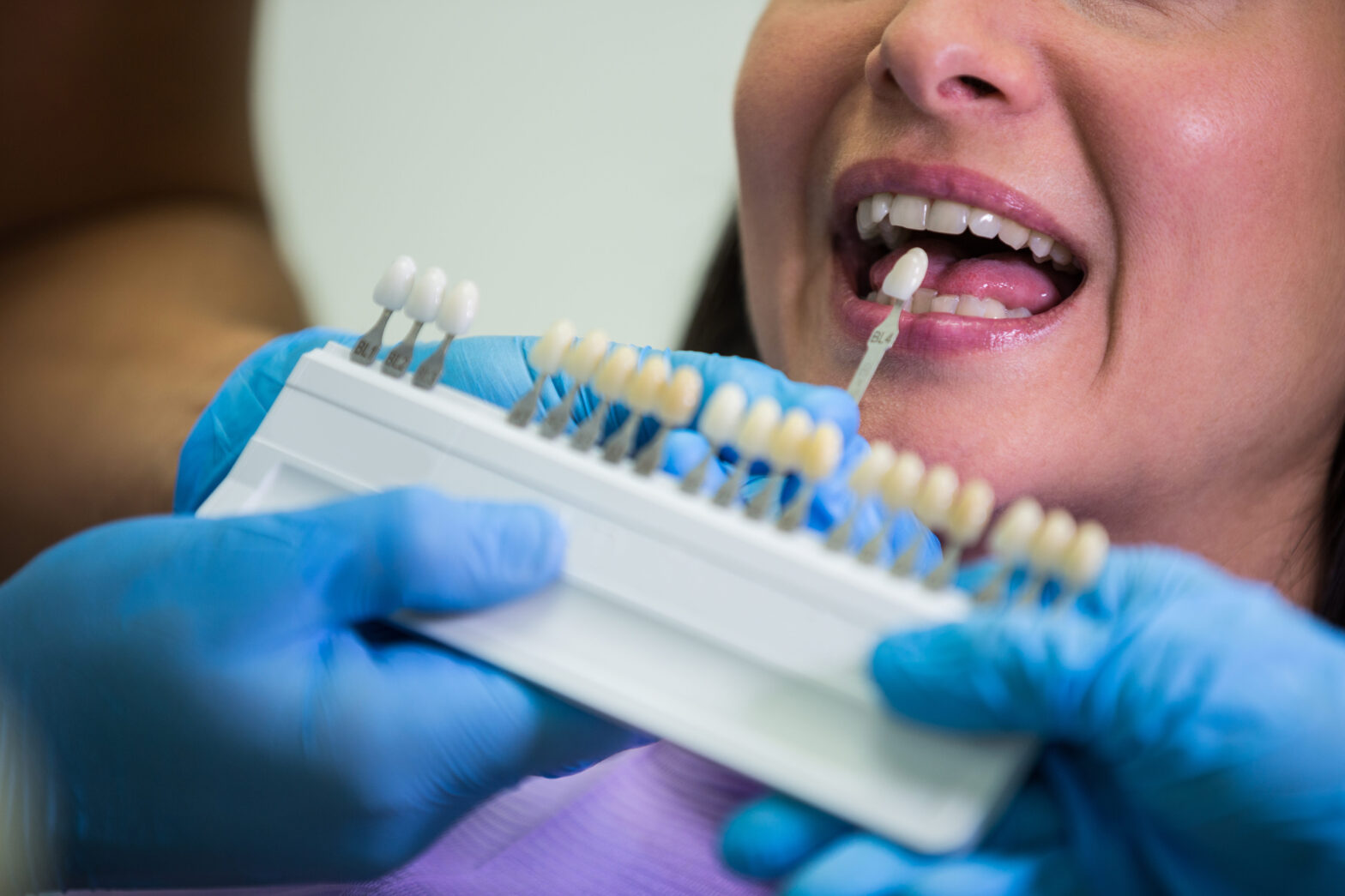Vitamin D as a key factor in dental implant success

Dental implants are a modern solution for the restoration of missing teeth, offering functionality and aesthetics similar to natural teeth. However, the success of their placement and integration depends on several factors, one of which is the level of vitamin D in the body.
Vitamin D plays a crucial role in the health of bones and teeth as it is responsible for the absorption of calcium and phosphorus. These minerals are essential for maintaining bone density and strength, including the jawbones that support dental implants.
Research has shown that low levels of vitamin D can lead to osteoporosis and reduced bone density, which may affect the success of osseointegration—the process by which the implant bonds with the bone. Insufficient levels of vitamin D can increase the risk of implant failure, as well as infections and complications during the healing process.
For patients planning to receive dental implants, it is important to assess vitamin D levels before the procedure. If a deficiency is detected, supplementation with vitamin D or increased exposure to sunlight, which is a natural source of this vitamin, may be recommended.
In conclusion, vitamin D is essential for ensuring the success of dental implants. Proper nutrition, the use of supplements if necessary, and regular monitoring by the dentist can contribute to effective dental restoration and long-term oral health.
Feel free to contact us
We assure you that at our dental clinic you will find the best treatment and care.
Categories
Scientific Articles






